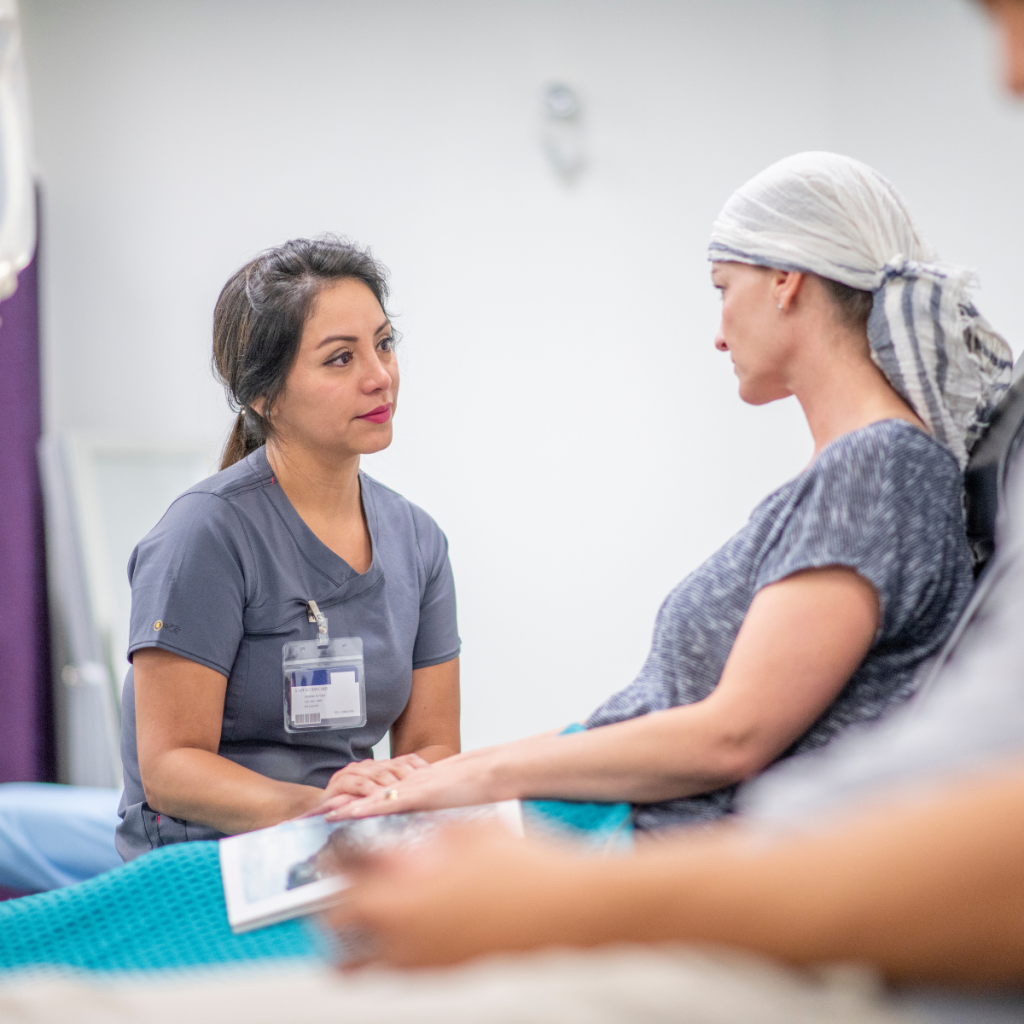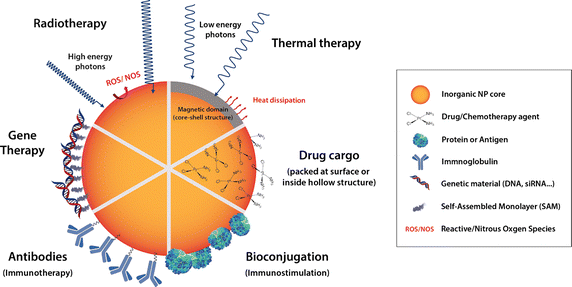Cancer is often perceived as an insurmountable challenge, a storm that seems impossible to weather. However, there are countless stories of individuals who have fought back and emerged victorious, proving that survival and hope can triumph even in the face of adversity. In this article, we will explore the inspiring journeys of cancer survivors who have overcome their battle with this life-threatening disease. Their stories highlight the importance of early detection, the role of family and community support, the advancements in cancer treatment, and the resilience that every individual needs to face such a daunting challenge. Let their stories inspire and motivate those currently undergoing cancer treatment, showing that survival is possible and hope is real.
The Power of Early Detection
One common thread among many cancer survivors is the importance of early detection. The earlier cancer is identified, the higher the chances of successful treatment. For many survivors, regular health checkups and screenings played a pivotal role in their journey. Early detection not only allows for more treatment options but also helps reduce the severity of the disease and increases the chances of remission.

Take, for instance, Sarah’s story. Diagnosed with breast cancer at the age of 40, Sarah was vigilant about getting her regular mammograms. She had no symptoms, but her routine screening revealed an abnormality that would later prove to be cancerous. Thanks to early detection, Sarah’s cancer was caught at a stage when it was still localized, allowing her to undergo surgery and radiation treatment successfully. She is now cancer-free and continues to encourage others to get checked regularly.
Overcoming the Battle with Resilience
Cancer treatment can be grueling, and the physical and emotional toll it takes on patients cannot be underestimated. However, many survivors attribute their strength to their mental and emotional resilience. For James, a father of two diagnosed with leukemia, the battle wasn’t just about physical treatment but also about maintaining a positive outlook. James faced rounds of chemotherapy that left him weak and exhausted, but his unwavering hope and determination kept him moving forward.
“It was about staying strong for my family,” James shared. “I knew I had to fight, not just for me, but for my children and my wife. No matter how hard it got, I couldn’t give up.” With the support of his family, medical team, and fellow cancer survivors, James successfully underwent a stem cell transplant and is now in remission. His story emphasizes that mental strength, combined with medical treatment, can play a crucial role in overcoming cancer.
The Importance of Support Systems
Cancer treatment can be an isolating experience, but the presence of loved ones and a strong support system can make all the difference. Many survivors attribute their success to the encouragement, love, and care they received from their families, friends, and support groups. These networks of support help alleviate the emotional burden and provide the strength needed to keep fighting.
When Anne was diagnosed with ovarian cancer, she initially felt overwhelmed by the prospect of undergoing surgery and chemotherapy. However, her husband, children, and close friends rallied around her, providing her with the emotional support she needed to face the treatment ahead. “Having my loved ones around me made all the difference,” Anne recalled. “Their belief in me helped me keep going even on my toughest days.” With the support of her family and the guidance of her healthcare team, Anne successfully completed her treatment and is now living cancer-free.
Advancements in Cancer Treatment
In recent years, there have been groundbreaking advancements in cancer treatments that have transformed the way patients are treated. One such advancement is the development of targeted therapies and immunotherapies, which offer more precise treatments with fewer side effects compared to traditional chemotherapy.
For Mark, who was diagnosed with lung cancer, immunotherapy became a game-changer. “Before immunotherapy, I felt hopeless. But after I started treatment, I could feel the difference,” Mark explained. Immunotherapy works by stimulating the patient’s immune system to recognize and attack cancer cells more effectively. Mark’s cancer began to shrink, and he experienced minimal side effects, allowing him to live a full, active life during his treatment.
Advancements in personalized medicine also play a crucial role in providing tailored treatment options based on the genetic profile of both the patient and the cancer. This approach allows doctors to recommend the most effective therapies with a higher success rate.
The Role of Nutrition and Lifestyle Changes
Cancer survivors often emphasize the importance of maintaining a healthy lifestyle, including proper nutrition and regular exercise, to support their recovery and overall well-being. In addition to medical treatments, a balanced diet, regular physical activity, and managing stress can contribute to improving one’s immune system and reducing the likelihood of cancer recurrence.
Marie, a breast cancer survivor, turned to nutrition as part of her healing process. “After my treatment, I realized how much food can impact how I feel,” Marie shared. “I started incorporating more fruits, vegetables, and whole grains into my diet and noticed a significant improvement in my energy levels.” By adopting a healthier diet and staying active, Marie was able to recover faster and feel better overall.
Regular exercise is another key component of cancer recovery. Studies have shown that physical activity can reduce the risk of cancer recurrence and improve the quality of life during and after treatment. Survivors like Michael, who battled colorectal cancer, incorporate exercise into their daily routine to maintain their health and prevent the cancer from returning.
Finding Hope in Cancer Support Communities
For many cancer survivors, connecting with others who have been through similar experiences provides a sense of camaraderie and solidarity. Online cancer communities, support groups, and nonprofit organizations provide spaces where patients can share their stories, offer advice, and receive encouragement from those who understand their struggles.
Megan, a two-time cancer survivor, found strength through her involvement in a local cancer support group. “It was the first place where I didn’t feel alone,” she said. “We shared our stories, our hopes, and our fears, and it made the whole journey more bearable.” Megan credits her recovery to the support and guidance she received from others who had walked the same path.
Inspiring Stories of Survival
While each cancer journey is unique, the stories of those who have survived the disease offer hope and inspiration to others currently battling cancer. These stories remind us that cancer is not a death sentence, and with the right treatment, support, and mindset, survival is possible. Whether it’s Sarah, James, Anne, Mark, or Marie, the resilience and determination of cancer survivors prove that overcoming the storm of cancer is achievable.

As more advancements in treatment are made, and as awareness about early detection and healthy lifestyles continues to grow, the future holds even greater promise for those diagnosed with cancer. The hope is that more individuals will continue to beat the odds and share their inspiring stories, helping others find strength, courage, and the will to fight.
Conclusion
Cancer survival stories are powerful testimonies to the resilience of the human spirit. They highlight the importance of early detection, mental and emotional strength, support from loved ones, and advances in treatment. With each survivor’s story, the message is clear: cancer can be defeated, and hope is a powerful force in overcoming even the most challenging circumstances. If you or someone you know is facing cancer, remember these stories and know that survival is possible.

Leave a Reply